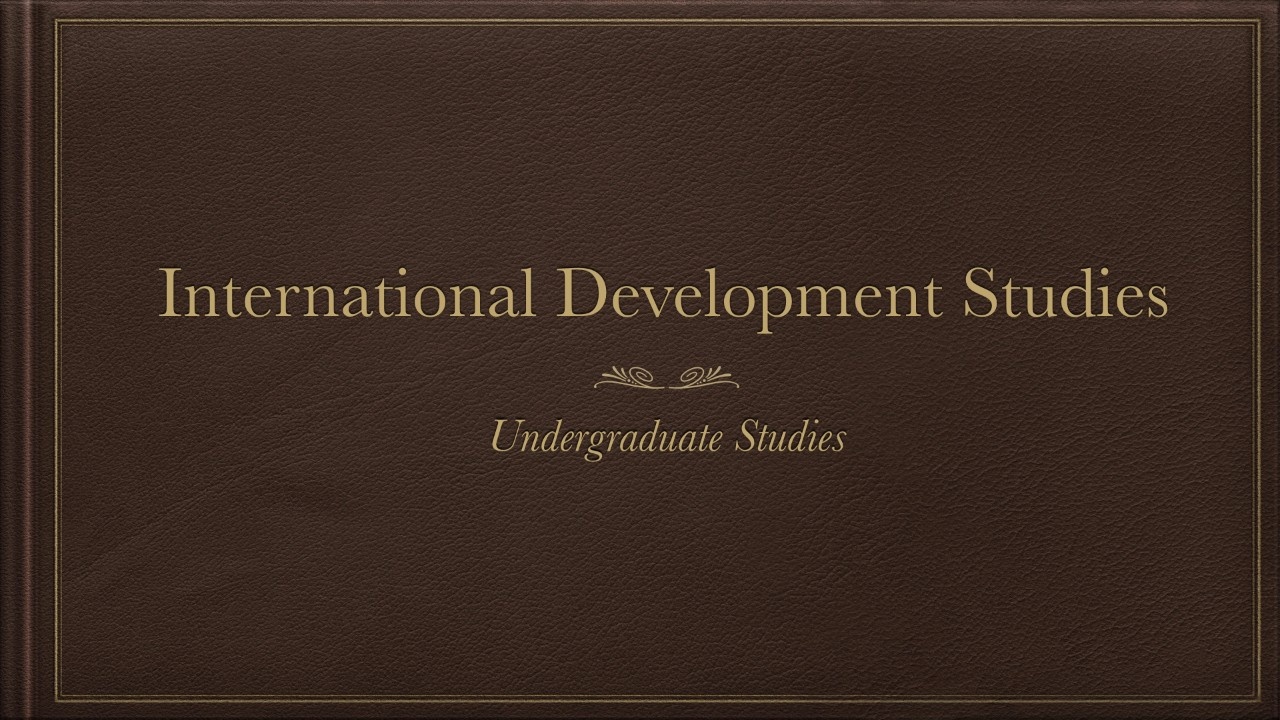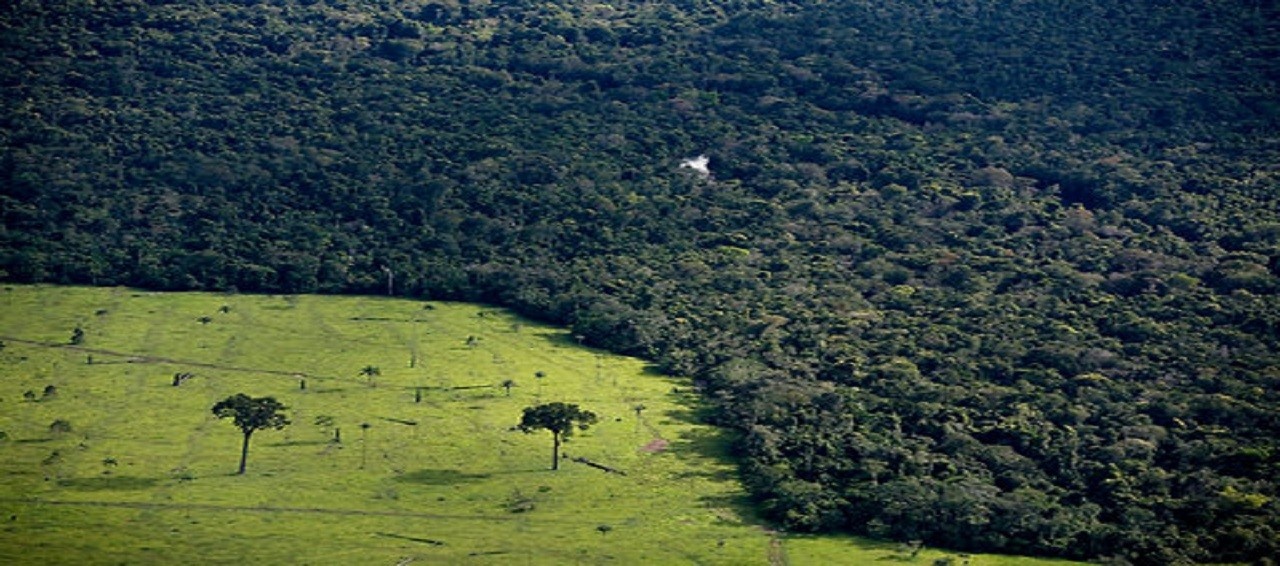Undergraduate Studies

***Please note that not all courses are offered every year. Please refer to the appropriate Academic Timetable for current course offerings.
International Development Studies is an interdisciplinary program involving the study of poverty, inequality, social change and justice in a global context. The IDS program is structured around two broad axes: development theory/practice, and the global/local. Areas of teaching expertise among the core faculty in IDS include development theory, gender, culture, human security, rural development, migration, health, Indigenous peoples, participatory development and global citizenship; however, additional areas of expertise are drawn from over 50 cross-appointed and adjunct faculty members who teach IDS approved courses and/or supervise our honours thesis and graduate students.
The department's areas of expertise include many of the key regions of the developing world, particularly Africa, Asia, Latin America and the Caribbean. We take a broad view of development - including development issues within Canada as well as the developing world.
As an interdisciplinary program, IDS recommends students consider combined degree programs. Students are therefore encouraged to enter the combined honours or double major programs, which provide opportunities that further integrate their IDS studies with those of an approved arts or science field, e.g., IDS and History, IDS and Biology. Double majors and combined honours degrees provide additional opportunities for students to pursue graduate studies in more than one area.
